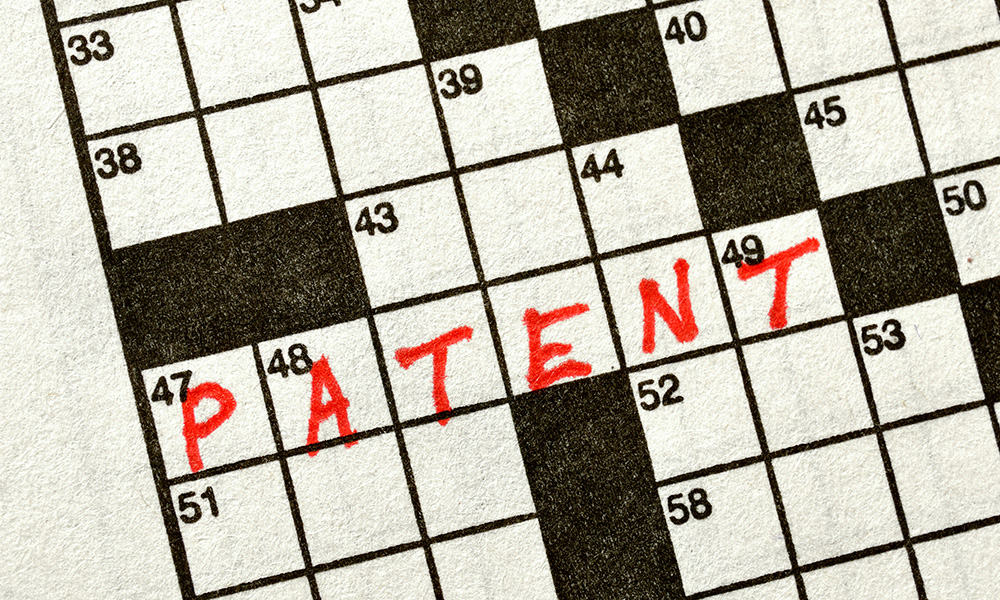
Patent Reform Bill Draws Mixed Reaction From Industry Groups
While Rep. Bob Goodlatte's effort at a patent reform bill stands a chance of passing, it's drawing mixed reactions from industries on different sides of the issue.
Rep. Bob Goodlatte’s patent reform bill, which observers say stands a chance of passing, is drawing mixed reactions from groups on different sides of the issue.
Is it too hot or too cold? Depends on whom you ask.
It’s the same with patent reform. Efforts by Rep. Bob Goodlatte (R-VA) to craft a bill that’s just right are showing progress at the moment, but various groups are raising a range of concerns. Some worry that sections of the bill could disrupt the patent process for some industries; others ask whether the legislation goes far enough. More details:
What we have basically done is take the operating procedures being followed by the Patent Office and the court system and codify those.
The bill: Last week, Goodlatte, who heads the House Judiciary Committee, introduced the Innovation Act, one of the largest efforts at patent reform in decades. The bill is intended to limit the ability of patent assertion entities (PAEs), also derisively known as “patent trolls,” to sue companies for infringement of patents that the PAEs own but do not use. The bill includes provisions that would cut the cost of challenging a patent at the U.S. Patent and Trademark Office (USPTO); make it easier for companies that are sued to recoup legal fees; limit early discovery in patent litigation to help cut costs for defendants; allow suits against customers to be stayed while a patent holder and manufacturer are fighting in court; and expand a program to review “business method” patents—such as Amazon’s “one-click shopping”—that has proven controversial with some tech companies.
The reaction: While the House legislation has significant support, groups on both sides have taken issue with it. The Innovation Alliance, which represents patent owners and stakeholders, came out against the bill, arguing that, as a whole, it “would have serious negative unintended consequences on U.S. inventors and the economy” by putting more power in the hands of large companies over small inventors. The Business Software Alliance said it backs most elements of the bill, but it raised concerns about expanding the business-method patent review process, which it suggested could disrupt the patent system. On the other side of the debate, the Computer and Communications Industry Association and the Application Developers Alliance strongly favor the bill; the groups had previously voiced their concerns that the bill did not go far enough to streamline the process for companies wrongly targeted by patent suits.
The sponsor’s view: Goodlatte, speaking at the American Enterprise Institute last week, suggested that critics are focusing on the wrong issue. The bill does not intend to boost scrutiny, he said, but rather to embed in law what the USPTO is already doing. “What we have basically done is take the operating procedures being followed by the Patent Office and the court system and codify those,” Goodlatte was quoted as saying by The Hill.
Goodlatte’s bill may not please some industry groups, but one organization with a vested interest in the bill that supports it is the USPTO. In a speech last week, its acting director even suggested a more aggressive approach than the bill currently takes.
(iStock/Thinkstock)






Comments